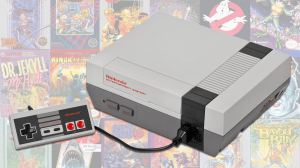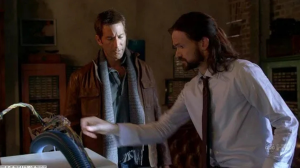There’s always something strange about when a respected horror director decides to remake a classic, because you know audiences will expect something huge, but you also know any misstep will get torn apart. And in this case, it’s not just about topping the original; it’s about proving that this new version needs to exist, that it has something to say the older films never did. Every project Mike Flanagan has done so far proves he can make something both good and genuinely fresh — from the acclaimed The Haunting anthology to his clever take on Doctor Sleep. In theory, we know he can exceed expectations, but this time the mission isn’t so simple. Adapting yet another Stephen King story, he’ll need to deliver more than scares; he’ll have to portray the main character in a way that feels relevant today and justifies the remake’s existence. And no, that’s no easy task.
Videos by ComicBook.com
Filming on the new Carrie remake recently wrapped, and even before it premieres, it’s impossible not to draw comparisons to the 2013 version. Why? Because that one wasn’t exactly meaningful — it felt like a remake that existed just for the sake of existing. There was no clear reason to retell this story beyond modernizing the visuals and hiring a new cast. It wasn’t technically bad (far from it, no wonder it made $84 million worldwide), but everything about it felt surface-level. The protagonist was fine, but didn’t inspire genuine empathy. The tension that should’ve built throughout the film never did, and the climax (meant to be devastating) barely registered for most viewers. Flanagan knows simply recreating iconic moments won’t impress anyone; he needs to give people an actual reason to care about this new Carrie.
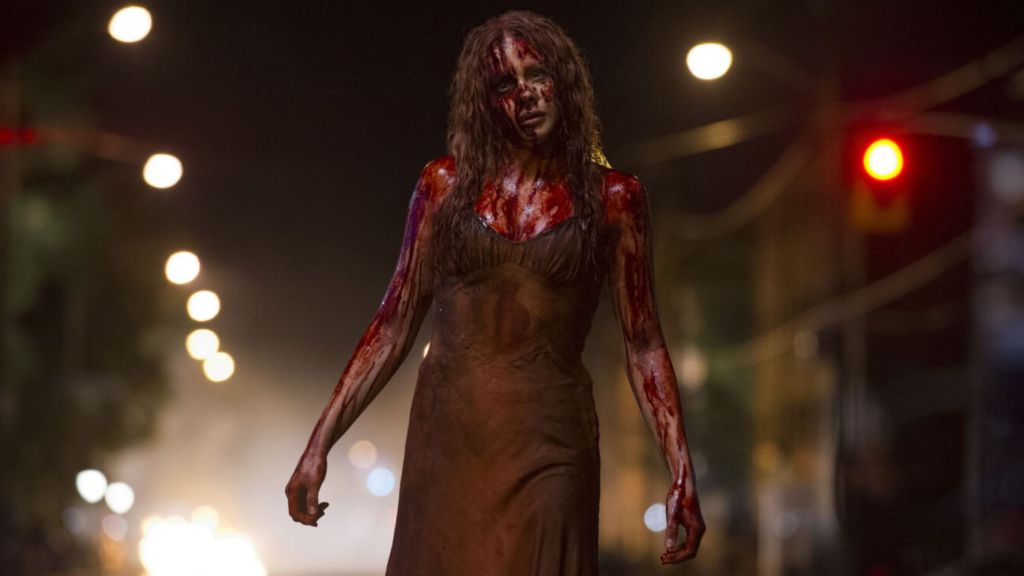
One big advantage he has is knowing how to build tension the smart way. Flanagan already proved in Doctor Sleep and Gerald’s Game, for example, that he knows how to create characters you actually feel — not just cheap jumpscares. His brand of horror is psychological but never loses its visual or dramatic punch, and that’s exactly what the 2013 film lacked. Back then, audiences needed to feel the protagonist’s isolation and oppression, understand the scale of bullying and the suffocating religious fanaticism at home, and still believe that her powers could erupt at any moment. That emotional connection — the very essence of King’s work — is what makes any remake worth watching.
Plus, the 2013 version tried but failed to make the story feel contemporary. Sure, it’s been over a decade since, and times have changed, but even back then, the digital age was in full swing. Bullying wasn’t just physical or verbal anymore — it had gone online, becoming viral and cruel in ways older films couldn’t capture. If you’re going to remake a story like this, you can’t reinvent everything, but you do have to update it enough to reflect the world audiences live in today. That’s where Flanagan can make a real difference: by showing how the protagonist faces exclusion not just at school but on social media, how every cruel comment piles on until she’s ready to explode. That layer only exists now, and if he ignores it, he risks making the same mistake the last version did — offering more of the same.

Carrie Needs a Smart Approach to Work as a TV Series
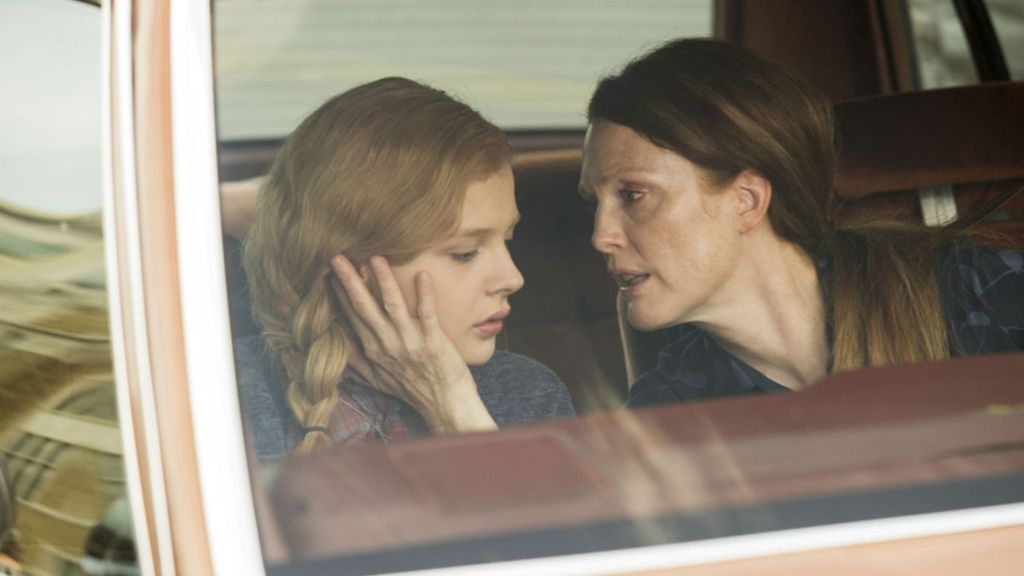
The format also matters a lot here. This new Carrie will be a series, and that alone gives plenty of reason to be optimistic. Flanagan knows how to make both films and TV, and turning Carrie into a show gives him room to explore way more than the prom-night chaos. It opens space for character development, family tension, the slow burn of trauma, and the evolution of Carrie’s powers. This isn’t about rushing to the bloody finale; it’s about making every step count. Flanagan can take time to build each motivation, each relationship, and every detail that makes the tragedy feel both inevitable and devastating. Let’s be honest: a two-hour movie could never go that deep, and that’s exactly why this version might actually be worth it.
Of course, balancing faithfulness and innovation is always tricky. Be too faithful, and you’re just a shiny copy; push too far, and longtime fans revolt. The goal should be to keep the core while adding nuances that make sense today. The audience needs to feel that this story isn’t just another version of the same movie, but one that says something meaningful about modern life, teenage trauma, and violence. That’s the fine line Flanagan has to walk, and as mentioned earlier, every mistake will be magnified. Any script choice or forced modernization could instantly make the show lose credibility.
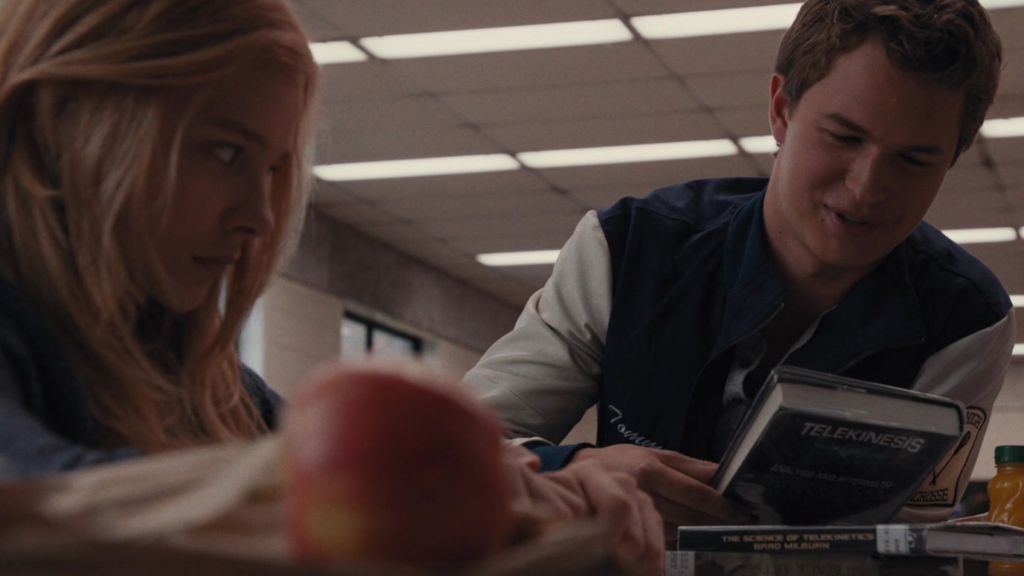
At the end of the day, everything circles back to one simple fact: the story he’s adapting is from King. It’s not one of his lengthier books, but it’s perfect because it explores the character’s inner world. Carrie is a complicated girl, and her story needs time and empathy to be told right. This isn’t just a horror story — it’s about trauma, exclusion, power, and vengeance. The audience needs to understand that the final explosion isn’t random; it’s the natural result of everything she’s endured. It has weight, it has meaning. And only by embracing that truth will this new version exist for more than nostalgia or marketing.
If Flanagan can pull it off, he’ll have done what the 2013 remake couldn’t even come close to: turning a well-known story into something necessary — a version that resonates with modern audiences and longtime King fans alike. If not, we’ll be looking at yet another adaptation that should’ve stayed in the drawer, leaving the 1976 version shining just as bright as ever. The expectations are high, the pressure is massive, and the responsibility is obvious. But if there’s anyone who can actually make this work, it’s Flanagan. So, fingers crossed.
Carrie is expected to be released in 2026 on Prime Video.
What are your expectations for the new adaptation? Do you think it’s gonna work? Let us know in the comments!






